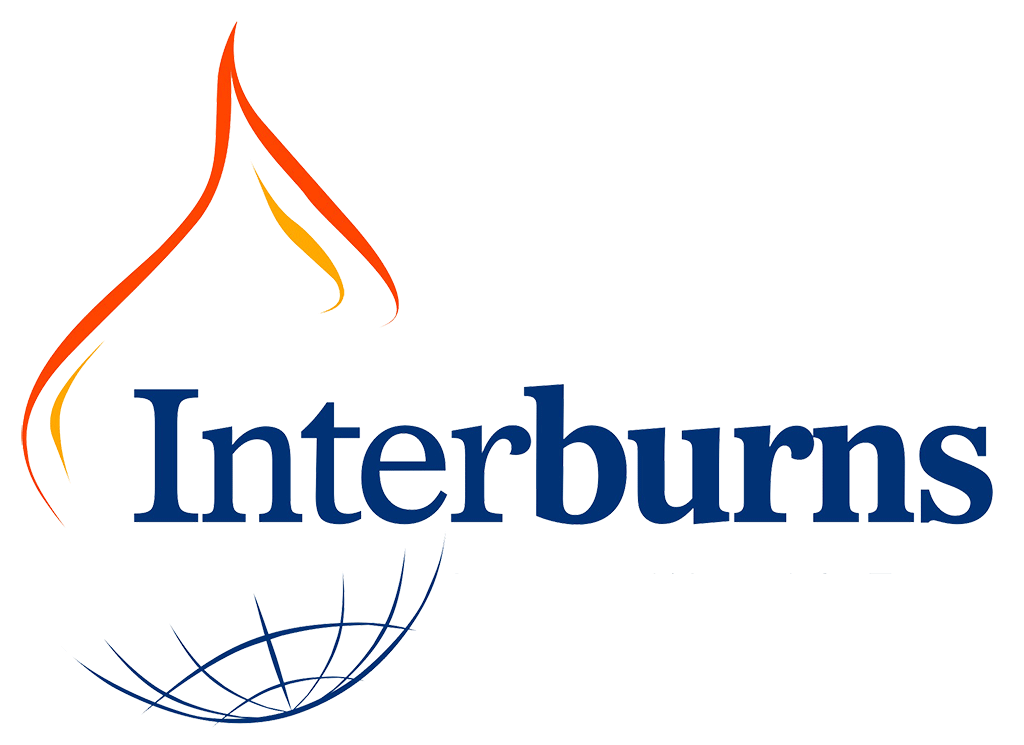Preventing burns in Nepal
Burn injuries can devastate lives, but the majority of burns are preventable. Working with our partners in Nepal, Sagun, a pilot Participatory Burn Prevention Project funded by the National Institute for Health Research (NIHR) has shown that burns can be prevented using tailored methods that are rooted in community research, locally delivered and diverse. This essential work forms part of Interburns’ integrated approach to improving burn care in low resource settings which can be seen in more detail here: https://doi.org/10.1016/j.burns.2020.05.029
Informed by community surveys on knowledge, attitudes and practices around burn care and prevention, Interburn’s Basic Burn Care (BBC) course was delivered to 65 staff from health posts in Janakpur and Makwanpur in 2019. BBC trains primary health workers in first aid and prevention for burns and is delivered by local staff in the local language. It is highly participatory and designed to be adaptable to local circumstances. It is also a unique way to engage with local stakeholders and those at the frontline of burns at community level.
A further 115 female community health volunteers (FCHV’s) were trained in community burn prevention methods in Janakpur, Makwanpur and Rasuwa, and around 800 members of women’s cooperatives attended burn orientation sessions as well as school children.
Local publications and tools were developed including: four issues of a Burn Bulletin to raise awareness more widely; an illustrated lunar calendar for the current Nepalese year 2077; and a handbook for health post staff (main image) and FCHVs. These publications will undoubtedly become essential tools and references for local staff in future.
Incredibly, no burns were recorded in Janakpur and Makwanpur in 2019, and only minor burns in Rasuwa district were reported. This is down from an average of 16 burn injuries each year across all three districts since 2016. The Sagun team has also reported more confident and capable health care workers, more committed female community health workers (FCHVs), and a greater awareness amongst the local population where burns are ‘the talk of the tea shop’.
Local government has been highly engaged and is keen to embed these activities into local rural municipality plans in future.
Many congratulations to all involved, in particular: Kamal Phuyal, Anil Dhital, Mahanta Maharjan, Jeny Khadka, Punya Suwal and Mira Shrestha.
